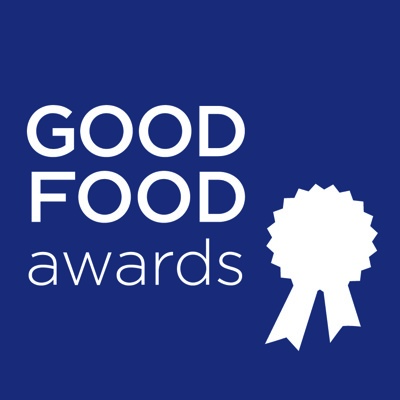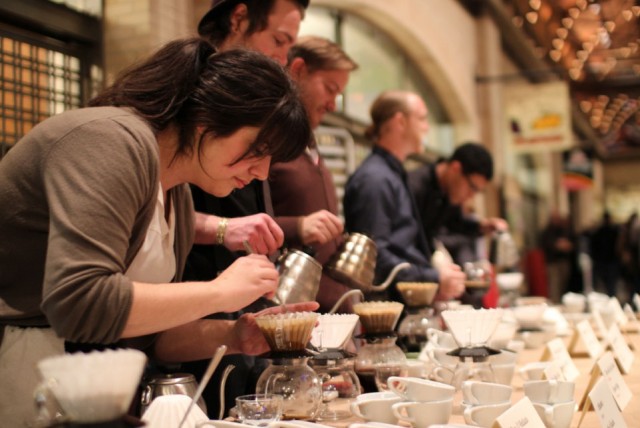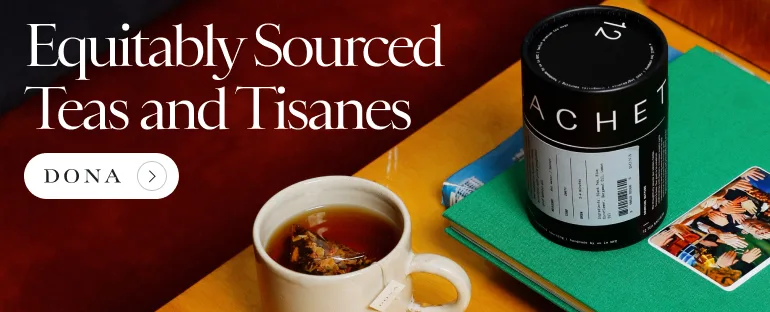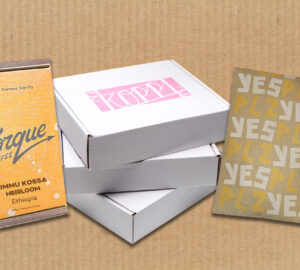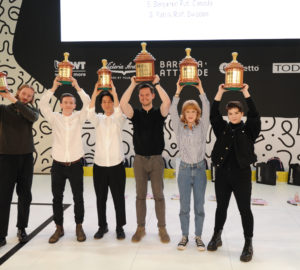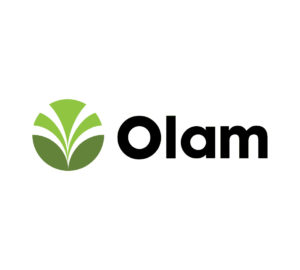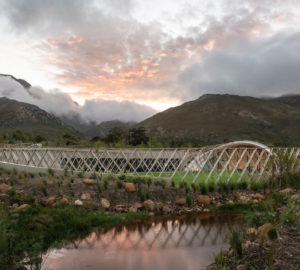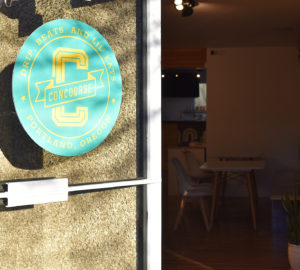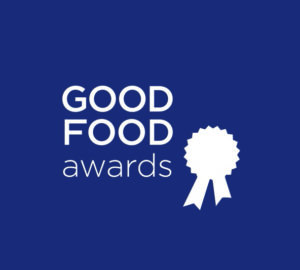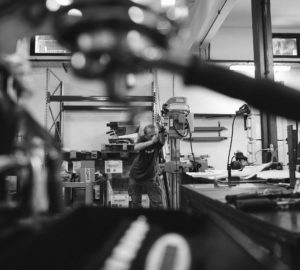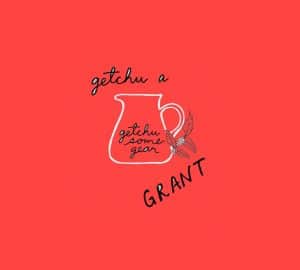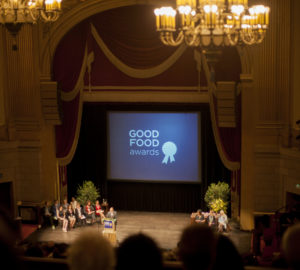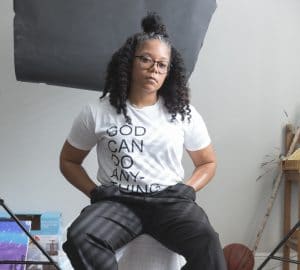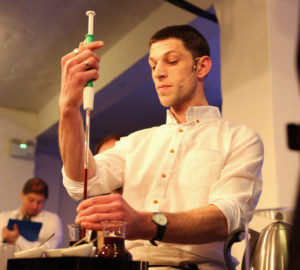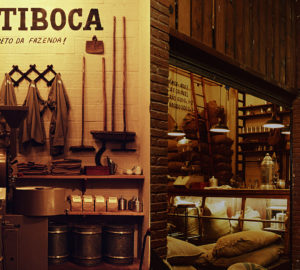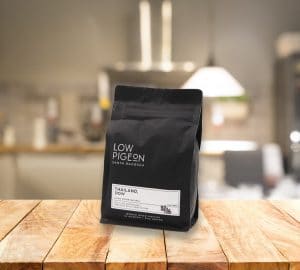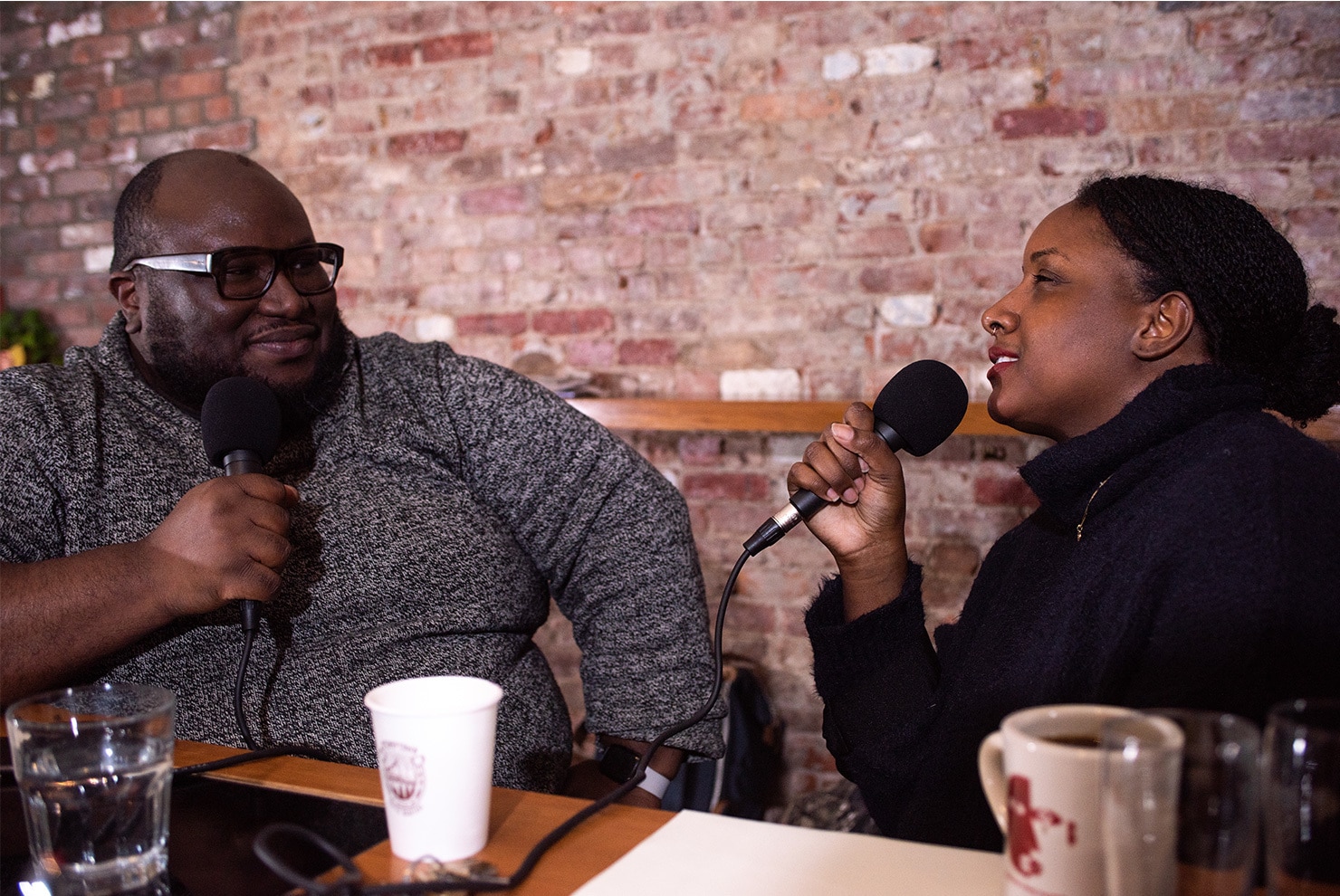Sprudge.com has been covering and attending the Good Food Awards since 2010. This year our coverage is anchored by Kristen Orser-Crouse, who recently attended the 2014 GFA coffee judging panel. You can review a complete list of 2014 GFA Finalist coffees here. Our coverage continues on January 16th at the Good Food Awards gala event, for which a select amount of tickets are still available online.
What do we talk about when we talk about good?
Curation is hip. Like anything that’s ultra-cool, its authenticity is in question. The whole game has changed in this everyone-is-an-expert culture and there’s some doubt about the structures of curation, the institutional model of anonymous people selecting and defining the “good.”
Put aside the dystopic anxiety for a second. Curation is totally awesome and, even, helpful. When Geoff Watts discusses the judging panel for the coffee portion of the Good Food Awards, he uses the word celebrate; “it’s a celebration of great coffee.” Let’s go in that direction and blow a few party horns about what’s possible.
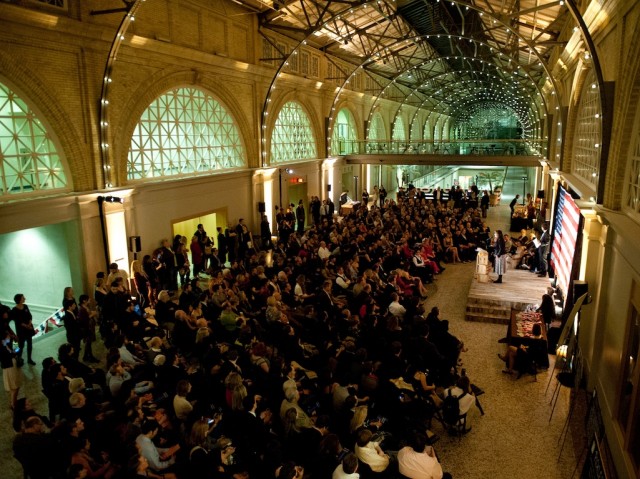
There are little whispers about elitism, privacy, and questions about transparency. It’s a judging panel and that will elicit uneasiness, some Big Brother angst. I’m going to admit it, I like a good verdict. I like when Monocle tells me about five really great books instead of one hundred. I like a little help, a little selection before my own selection.
We are not all naturally gifted at curating, regardless of how much we think we know and how many pairs of fancy pants we own; and I think it’s pretty obvious that letting everyone and anyone curate devalues expertise and experience. Letting someone “in the know” connect the rest of us (or, maybe just me since most Sprudge readers are the knowers in the field of food and beverage) to better things, is pretty great. We’re not talking about fascism here, we’re talking about expertise.
The Good Food Awards is concerned with the politics of curation, the way good curation can showcase the immaterial parts of food and beverages. The GFAs has the obligation to consider the social, cultural, and work relationships of the products they select; they are tasked with the ethics to demonstrate how contemporary food and beverages (beer, charcuterie, cheese, chocolate, coffee, confections, oils, pickles, preserves and spirits) are forever changed as products because we are increasingly aware of—because of company transparency—the way those products are caught up in various networks of productions, processes, and relationships. This is a big task.
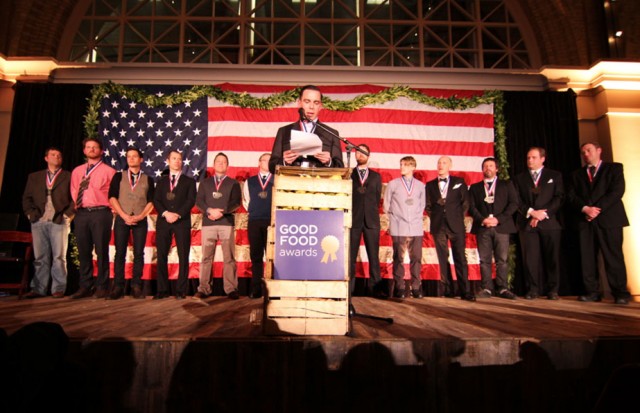
As an outsider, I’m impressed that the GFA’s coffee judging this year accounted for the dynamic relations of the product. “Mostly looking at it from an environmental perspective,” according to Mr. Watts, the GFAs attended to quality and its relationship to the environment. Watts explains, “If we’re looking at what the coffee industry and coffee-growing environments will look like in the next twenty years, quality probably will not be possible if the environments get degraded. So it’s important to look at them together as mutually dependent.” Good curation, curation that attends to complex relationships, enables us to see connections and make selections that honor those connections. In this case, by attending to the environment and sustainability this year, the GFAs are helping to honor interdependence and industry/patron responsibility.
The best curation, a goal of the Good Food Awards, is to give access to expertise. As people who make choices about food, beverages, and consumption (I hesitate to reduce people to consumers), we get to participate more (i.e. stay human and democratic) if we have passage and connection, if we have a group of experts advocating for our admittance to the information and quality.
It’s like my dad, who just turned 81, says, “There’s so much stuff.” There is so much stuff. This includes coffee. The influx of more and smaller coffee shops lets the industry innovate, take risks, and set higher goals for the product. Smaller, more varied coffee roasters means more discussion about what’s available and, most importantly, what can be available. We can ask for something we haven’t seen before, something we’ve only imagined. We can ask for coffee that doesn’t smack a photo of a nameless farmer on its label; we can ask for a coffee that informs its drinkers and cooperates with its production from the beginning. GFA committee chair Tony Konecny considers this “a joint award between the producer and the roaster.” He sees it as a co-submittal and encourages roasters to think about it as a partnership.
Because the industry has taken time to educate, inform, and empower its enjoyers, coffee cannot return to a diner staple that comes in only two dimensions: black or with milk. And The Good Food Awards is responding to the shift, the opening it makes for responsible selection, by re-materializing coffee.
By focusing, this year, on more parts of coffee, the GFA’s coffee judging celebrates coffee from fruit and soil to roast and cup.
This year, the GFA asked to qualify “goodness.” Qualification meant, according to committee chair Brent Fortune, a varied team of judges that represented the complexity of the industry. “We looked for a team of judges that represented different segments of the coffee industry. [This included] roasters, importers, baristas, owners, and trainers.” By honoring all portions of the coffee industry, the product is enlarged and transformed. The collectivity is, in Watts’ term, celebrated.
Taste is assessed first. “I didn’t taste anything today that tasted exactly like any other coffee. There’s a lot of nuance. That’s part of why we cup,” says Fortune. But taste, as a qualification, isn’t enough and there’s enough sensory science, made public thanks to people like the fabulous Juliet Han, that exposes the difficulty of eliminating biases and variables in taste perception and taste objectivity. The radical machine the GFA judging is generating is most prominent in its sustainability assessment.
Fortune explains that the GFA judges work to “[find] coffee that is both tasty and sustainable. That requires not just good coffee; taste is just part of coffee.” The competitors had to supply a lot more information this year; passing the “taste” round requires more digging, more information for the judges. If the GFA is, as its mission claims, “redefining” good, this simple gesture of asking for more information, rating based on sustainable information with more oomph, and providing that knowledge to the public is the way to radically change the way we think about coffee. Konecny says it plainly: “It’s turning into more of a dialogue this year, which is great.”
Let me say it again, I’m a fan of having educated individuals curate information. I’m not troubled by some worry of “gatekeepers” because I see committees and judging as acts of co-creation. If the GFA nominates a coffee and says it’s good, it still needs me to understand and celebrate that coffee too. The GFAs and the companies they elect as “good” still need to work harder to elevate the general intellect. I think the Good Food Awards gets this collaborative value.
“We often celebrate things about coffee that people can’t engage with,” but the GFA’s honor coffee that’s, according to Watts, “typically available.” This is about all of us, what we can access, and what can be made possible. These are coffees you can buy for yourself online, or enjoy at the GFA event in person on January 16th. There’s no velvet rope here.
A cup of diner coffee has a determined value. Regardless of country of origin, blend, roast, or farming, there’s a printed cost on the menu and the promise of an endless cup. Once you put that value into its context, once you explain the details of that cup, the value is inter-determinate. There’s just a lot to account for. But those details cannot be accounted for until we generate the dialogue Konecny clarified and give integrity to the details.
When we talk about good, when the GFA’s give us the idea of good, good is about awareness. The resilience of this kind of good is not just that something tastes good, but that it honors the really good (to get a little Platonic), and it creates an observable and meaningful structure for the investigation of what it means to call something good.
Kristen Orser-Crouse (@kristen_orser) is an instructor at the University of California – Santa Cruz, with a focus on poetry and Russian literature. She’s contributed to The Rumpus, The Examiner, and Poor Taste, and has written previously for Sprudge on Duende Bodega in Oakland and immigrant coffee narratives.
Sprudge.com is an official media sponsor of the Good Food Awards.











